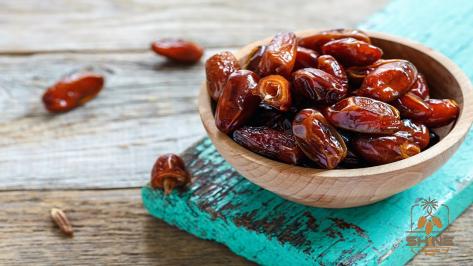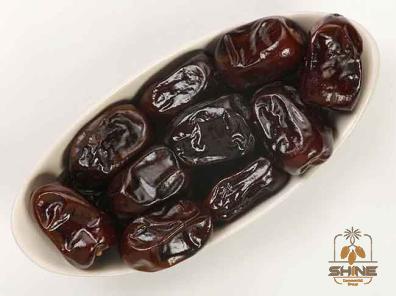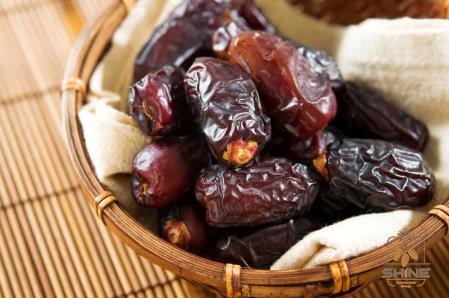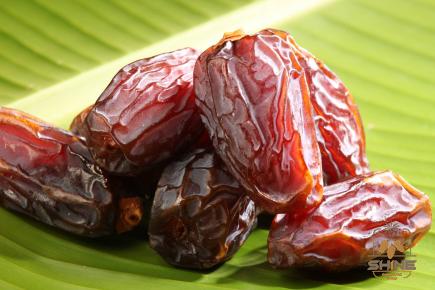Jujube fruits, also known as red dates, have long been appreciated for their delightful taste and numerous health benefits. These small, oval-shaped fruits come from the jujube tree (Ziziphus jujuba) and have been cultivated for thousands of years in various parts of the world. Not only are jujube fruits a delicious treat, but they are also packed with essential nutrients that can contribute to overall well-being. In this comprehensive guide, we will delve into the origins, nutritional value, health benefits, culinary uses, and cultivation of jujube fruits. Section 1: Origins and Cultivation Jujube fruits have a rich history that traces back to ancient times. Believed to have originated in China, jujube trees were cultivated as early as 6000 BC. They spread throughout Asia, Europe, and the Middle East and are now grown in regions with a Mediterranean climate. China is the largest producer of jujube fruits, followed by Korea, India, and Iran. The jujube tree is a sturdy and adaptable plant that can tolerate a wide range of climates, making it suitable for cultivation in various regions across the globe.
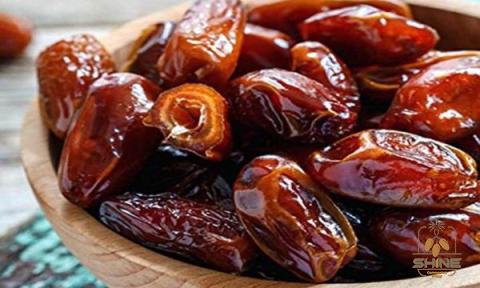
.
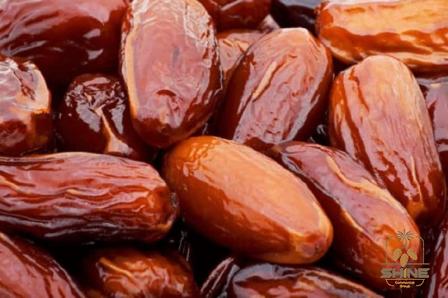 It is a deciduous tree that can reach heights of up to 40 feet, and its fruits typically ripen in late summer or early fall. The small yellow flowers of the jujube tree produce the fruit, which starts off green and then turns deep red or dark brown when fully ripe. Section 2: Nutritional Value When it comes to nutrition, jujube fruits are a powerhouse. These small fruits are low in calories but rich in essential vitamins, minerals, and antioxidants. A 100-gram serving of fresh jujube fruits contains approximately 79 calories, 1.2 grams of protein, 20.2 grams of carbohydrates, and 0.2 grams of fat. Jujube fruits are particularly rich in vitamin C, which aids in collagen synthesis, supports immune function, and acts as an antioxidant. They also provide a good source of vitamins A and E, which contribute to healthy skin, vision, and overall cellular health.
It is a deciduous tree that can reach heights of up to 40 feet, and its fruits typically ripen in late summer or early fall. The small yellow flowers of the jujube tree produce the fruit, which starts off green and then turns deep red or dark brown when fully ripe. Section 2: Nutritional Value When it comes to nutrition, jujube fruits are a powerhouse. These small fruits are low in calories but rich in essential vitamins, minerals, and antioxidants. A 100-gram serving of fresh jujube fruits contains approximately 79 calories, 1.2 grams of protein, 20.2 grams of carbohydrates, and 0.2 grams of fat. Jujube fruits are particularly rich in vitamin C, which aids in collagen synthesis, supports immune function, and acts as an antioxidant. They also provide a good source of vitamins A and E, which contribute to healthy skin, vision, and overall cellular health.
..
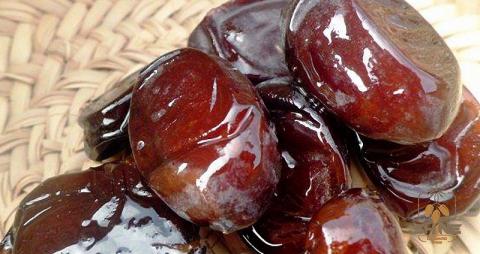 Additionally, jujube fruits contain minerals such as potassium, magnesium, and manganese, which are essential for various bodily functions, including nerve function, bone health, and energy production. Section 3: Health Benefits 1. Boosts Immune System: Jujube fruits possess immune-boosting properties due to their high vitamin C content. Regular consumption of jujube fruits may help strengthen the immune system, reducing the risk of infections and illnesses. 2. Supports Digestive Health: The fiber content in jujube fruits promotes healthy digestion by aiding in the movement of food through the digestive system. They can alleviate constipation and other digestive issues, ensuring a smooth and efficient digestive process.
Additionally, jujube fruits contain minerals such as potassium, magnesium, and manganese, which are essential for various bodily functions, including nerve function, bone health, and energy production. Section 3: Health Benefits 1. Boosts Immune System: Jujube fruits possess immune-boosting properties due to their high vitamin C content. Regular consumption of jujube fruits may help strengthen the immune system, reducing the risk of infections and illnesses. 2. Supports Digestive Health: The fiber content in jujube fruits promotes healthy digestion by aiding in the movement of food through the digestive system. They can alleviate constipation and other digestive issues, ensuring a smooth and efficient digestive process.
…
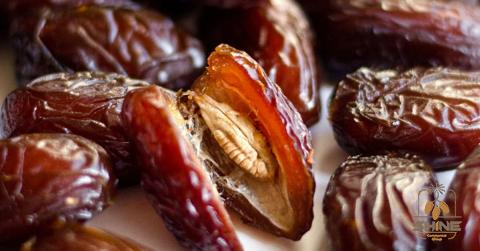 3. Heart Health: Jujube fruits contain antioxidants and heart-healthy compounds that can support cardiovascular health. They may help reduce cholesterol levels, lower blood pressure, and prevent the buildup of plaque in the arteries. 4. Sleep Aid: Jujube fruits are often used as a natural remedy for sleep disorders. They contain compounds that can promote relaxation, enhance sleep quality, and alleviate insomnia symptoms. 5. Liver Detoxification: Studies suggest that jujube fruits exhibit hepatoprotective properties. They can aid in the detoxification process by protecting the liver from toxic substances and promoting the regeneration of liver cells. Section 4: Culinary Uses Jujube fruits have a unique, sweet flavor with a slight tartness, making them a versatile ingredient in culinary preparations. In many Asian countries, dried jujube fruits are used in a wide range of dishes, both savory and sweet. They are commonly added to teas, soups, stews, and desserts.
3. Heart Health: Jujube fruits contain antioxidants and heart-healthy compounds that can support cardiovascular health. They may help reduce cholesterol levels, lower blood pressure, and prevent the buildup of plaque in the arteries. 4. Sleep Aid: Jujube fruits are often used as a natural remedy for sleep disorders. They contain compounds that can promote relaxation, enhance sleep quality, and alleviate insomnia symptoms. 5. Liver Detoxification: Studies suggest that jujube fruits exhibit hepatoprotective properties. They can aid in the detoxification process by protecting the liver from toxic substances and promoting the regeneration of liver cells. Section 4: Culinary Uses Jujube fruits have a unique, sweet flavor with a slight tartness, making them a versatile ingredient in culinary preparations. In many Asian countries, dried jujube fruits are used in a wide range of dishes, both savory and sweet. They are commonly added to teas, soups, stews, and desserts.
